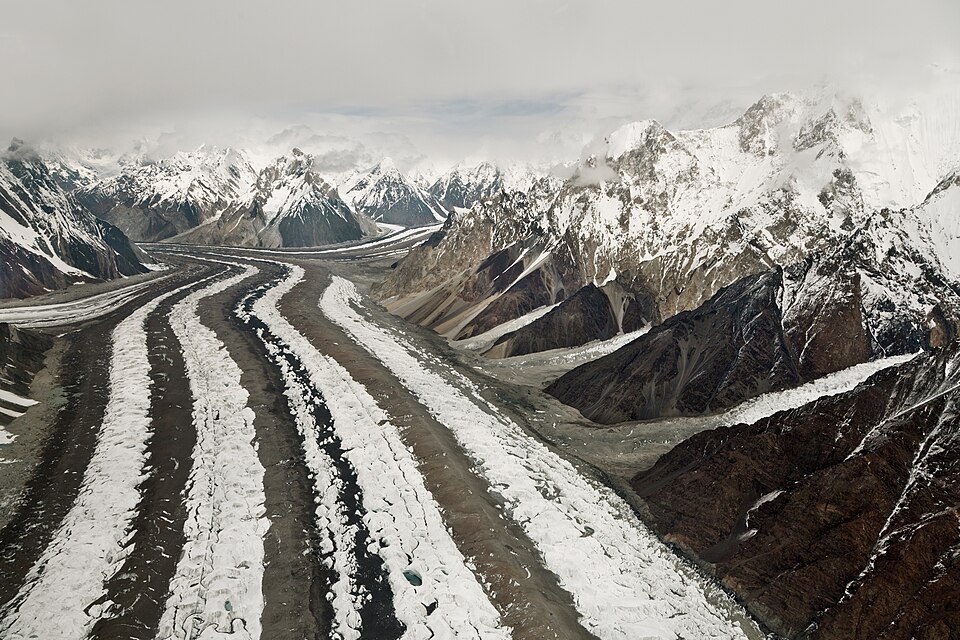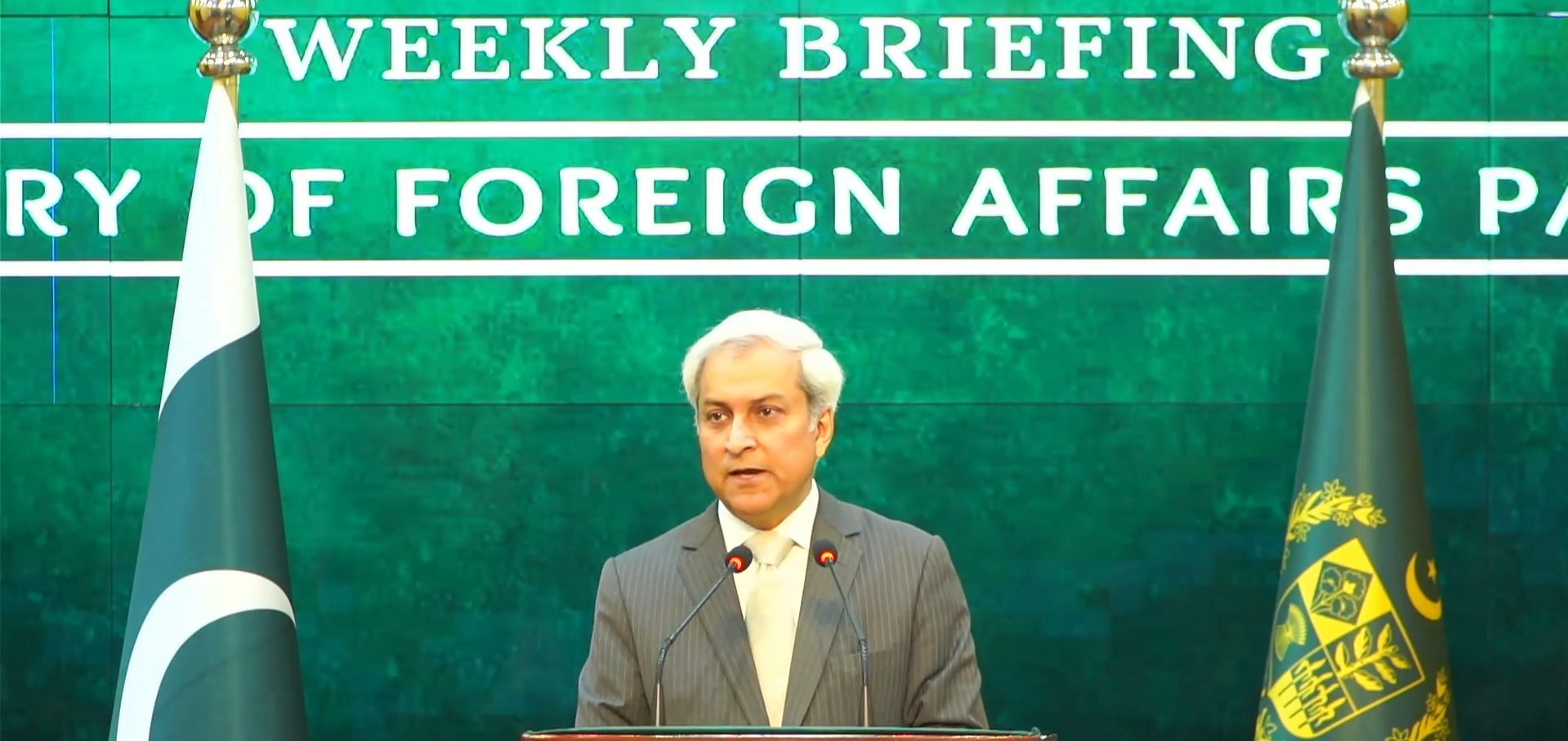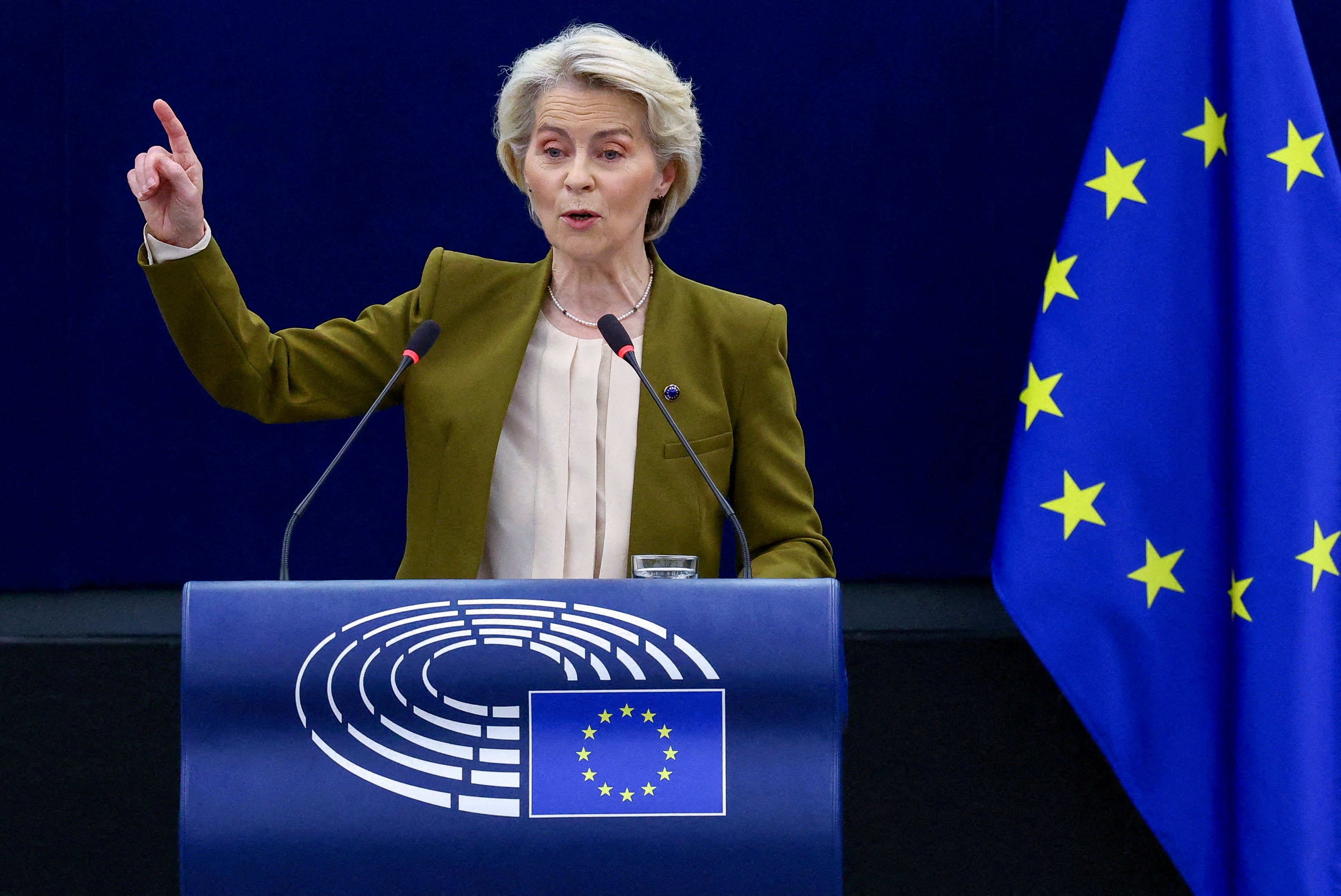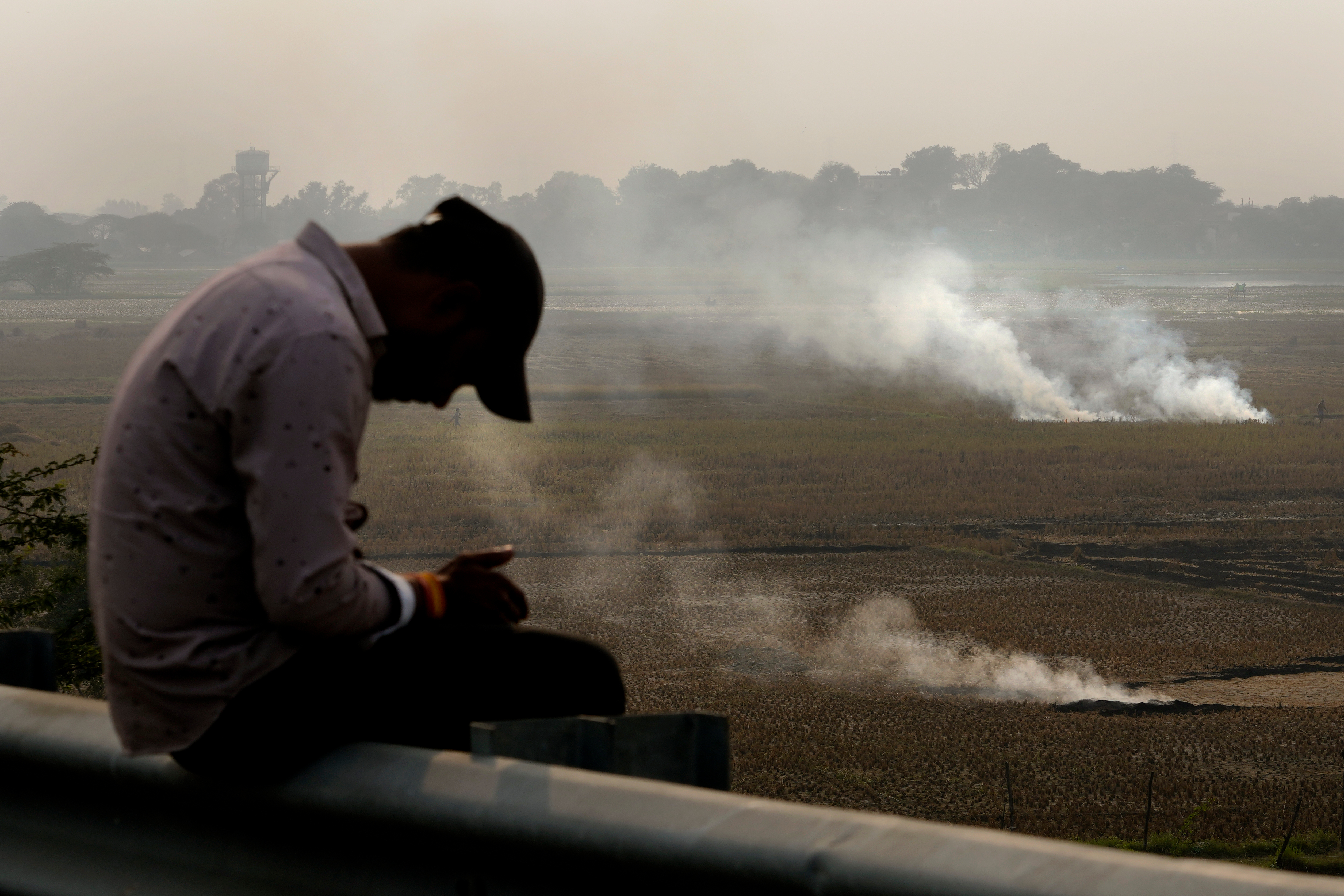ISLAMABAD: The Green Climate Fund (GCF) has approved $250 million for a regional adaptation programme supporting nine countries, including Pakistan, to manage the rising risks of glacial melt and water stress linked to climate change.
The initiative, titled “Glaciers to Farms,” will be implemented by the Asian Development Bank (ADB).
It aims to strengthen climate resilience in Armenia, Azerbaijan, Georgia, Kazakhstan, the Kyrgyz Republic, Pakistan, Tajikistan, Turkmenistan, and Uzbekistan, with an emphasis on the four primary glacier-fed basins — the Naryn, Pyanj, Kura, and Swat rivers — where temperature increases have accelerated snow and ice loss.
The program aims to strengthen irrigation, watershed management, early warning systems, and data sharing to reduce the likelihood of glacial lake outburst floods (GLOFs) and droughts.
According to the ADB, over 13 million people will benefit directly from climate-resilient infrastructure and agricultural practices established through this initiative.
“Rapid glacial retreat is one of the most complex development challenges faced by our region,” says Yasmin Siddiqi, ADB Director for Agriculture, Food, Nature, and Rural Development.
“We need practical, scalable, and science-based solutions to help communities adapt. With catalytic support from GCF, Glaciers to Farms will help move the region beyond fragmented projects toward systemic, long-term resilience that protects lives and livelihoods.”
According to the UNDP Pakistan project brief, the initiative in Pakistan expands on existing national efforts led by the Ministry of Climate Change, specifically the Glacial Lake Outburst Flood (GLOF-II) project, which was implemented in Gilgit-Baltistan and Khyber Pakhtunkhwa in collaboration with the United Nations Development Programme (UNDP).
The initiative was approved at the GCF's 43rd Board Meeting on Monday. Funding will be distributed primarily through grants, with an additional $3.25 billion in ADB investments expected over the next decade.








